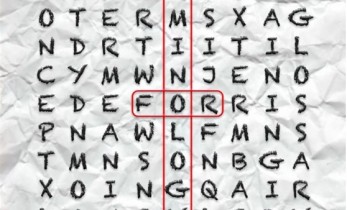Greater than 1 minutes
Hacking your translations with glossaries A glossary helps you to make sure that each time a defined term appears in your translation project, it is used consistently and correctly.
You have to spend time to save time.
Our whole career as modern-day translators spins around technological devices, and time is always short. Learning how to set up our CAT tools and every other translation software known to man, takes a lot of time.
Glossary editing, for example, is one of those time-consuming activities that we have to carry out in order to provide a good quality translation. It’s boring, but it proves to be an investment for later on because a glossary is THE reference for consistent terminology.
It requires a glossary to make sure that every translator uses the same term for the same concept overall the translation project and uses approved standardised terms for each target language.
Four reasons you should use a glossary:
- Keep translations consistent.
- Ensure that your brand is protected.
- Speed up the translation process: when translators are confused, they have to ask questions. The process slows down. A clear glossary means that translators have fewer questions for you, which means that they work much faster.
- Save on translation costs.
Moreover, a glossary becomes even more important if:
- you use more than one translation resource;
- in case of short deadlines;
- when many translators are working on the same project simultaneously.
- the documents have to be provided in multiple languages.
Glossaries, as you can see, help you working on standardising your content’s terminology, tone, style, and goes a long way toward saving you time.
A good is a work in progress. If you have new terms that might benefit from a glossary entry, add them.
Good translation takes work. The more care you put in, the better translation you’ll get. A good glossary is a key step in creating a clear, consistent, readable translation:
Quality in, quality out.





Short and sweet, and informative. Good to see you here, Maria Pia. Always great posts from my terminology “partner in crime”.
We are the Bonnie and Clyde of terminology!
😀
Nice article, Maria! I just disagree in one point: Glossary editing is not boring at all, I spend enthusiastic hours preparing them to be converted into termbases. I wish I had more time to spend in terminology, in order to save more time in translation…
I would appreciate your thoughts on the technical aspects of how to create a glossary from tmx based on most used words and their translations.
Maria, what is more: when machine translation will get better over time, and your own translation memories may become less vital for that reason, your glossaries will never lose their intrinsic value: they will always help you to spot problems in the translations, and they will help you to fix issues, fast and and consistently. Terminology is here to stay.